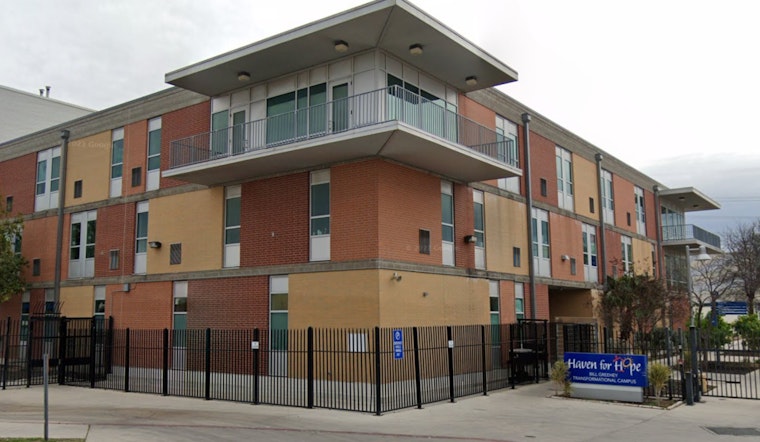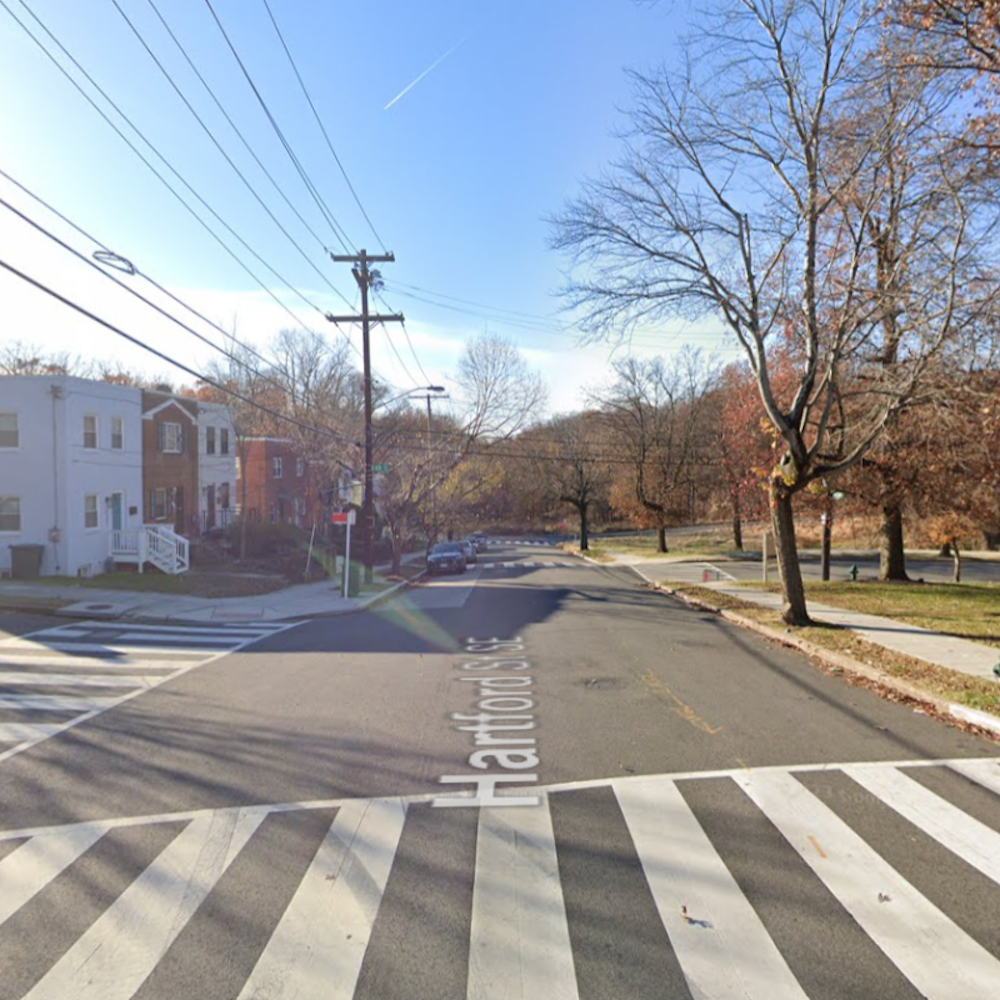
San Antonio's Haven for Hope is calling on area landlords to play a pivotal role in reducing homelessness by hosting open houses, in a bid to shatter the stigmas and open up housing opportunities for those in need, the San Antonio Report informs. David Huete, the organization's vice president, emphasized the importance of connecting landlords with resources and prospective tenants who, despite past hardships, are ready to turn over a new leaf.
The shelter's strategy includes not only breaking down prejudices but also supporting both landlords and tenants in a partnership that benefits the community, for clients transitioning out of Haven, they're eligible for subsidies that help with fees, deposits, and rent — plus they get a move-out kit to ease into their new beginning, the allure of snacks and door prizes awaits those who attend Haven's first landlord open house on April 16, with more events in the pipeline, it's a creative approach to a lingering issue that's seen an uptick in family homelessness in Bexar County, which rose by 28% according to last year's count.
As this initiative gains traction, the success of Haven for Hope is drawing the eyes of California leaders grappling with their own homeless crises, fattening tent cities sprawl unchecked, prompting the question: why can’t we build something like this? The sprawling Haven complex serves a whopping 85% of San Antonio's homeless, guaranteeing a roof over the heads of those seeking shelter, the 22-acre, 1,600-person facility's large-scale approach has piqued the interest of Californian officialdom, hoping to curtail the spread of unsightly and unmanageable encampments, as reported by LAist.
The complexities of the situation are evident: Haven's sober-living requirement clashes with California’s housing-first philosophy, and critics point out its crowded conditions. Still, some view it as a functional solution amidst street chaos. Supervisor Rich Desmond, after visiting the campus, believes, "they have certainly done a much better job, I think, than most places in California." While Haven for Hope started with conservative financial backing and was initially led by Robert Marbut Jr., its approach has evolved. Courtyard mattresses are gone, replaced by a less punitive, more rehabilitation-focused model, according to LAist.
Amid these discussions, one thing is clear: Haven for Hope's radical call to San Antonio landlords to reduce homelessness is not just a local experiment, it is a national conversation starter, jostling entrenched perspectives in the ongoing quest for viable, compassionate solutions for those without homes – could a model bred in Texan soil take root in California? Only time will tell, but for now, San Antonio's Haven for Hope strides forward, beckoning landlords to join in their mission, in an effort to weave former outsiders, back into the tapestry of a community that acknowledges the value in every individual, equipped with the simple yet profound conviction that every San Antonian deserves a place to call home.









